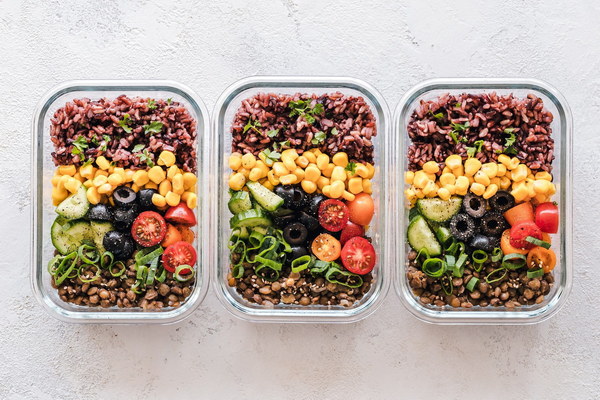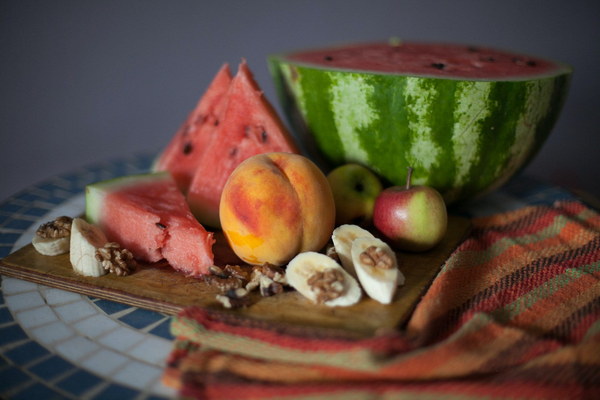Nourish Your Stomach Nourish Your Life The Art of Um Im Not in Pain GastroFriendly Living
In the fast-paced world we live in, taking care of our health often takes a backseat to our busy schedules. However, one aspect that often goes overlooked is the importance of maintaining a healthy stomach. Enter Um, I'm Not in Pain, Gastro-Friendly Living, a philosophy that promotes a lifestyle focused on stomach care and overall well-being. This article delves into the principles of this approach, offering practical tips to help you embrace a healthier, more comfortable life.
Understanding Um, I'm Not in Pain, Gastro-Friendly Living
The phrase Um, I'm Not in Pain is more than just a casual remark; it's a mindset. It signifies the absence of discomfort and distress that can often accompany digestive issues. Gastro-friendly living is about creating a lifestyle that supports a healthy gut, leading to better overall health and a higher quality of life.
Key Principles of Gastro-Friendly Living
1. Balanced Diet: A balanced diet rich in whole foods, fiber, and essential nutrients is the cornerstone of a healthy stomach. Incorporate a variety of fruits, vegetables, lean proteins, and whole grains into your meals to ensure your digestive system receives the nutrients it needs.

2. Mindful Eating: Pay attention to your eating habits. Eat slowly and chew thoroughly to aid digestion. Avoid distractions like watching TV or using your phone during meals, as these can lead to overeating and inefficient digestion.
3. Hydration: Drinking plenty of water is essential for maintaining a healthy gut. Water helps to keep the digestive system moving smoothly and can prevent constipation and dehydration.
4. Regular Exercise: Regular physical activity can boost your digestive health. Exercise stimulates the muscles of the digestive tract, promotes better blood flow, and helps to alleviate stress, which can exacerbate digestive problems.
5. Stress Management: High levels of stress can negatively impact your digestive health. Techniques such as meditation, deep breathing, yoga, or any other stress-relieving activity can help keep your stomach in check.
6. Avoiding Trigger Foods: Identify and avoid foods that trigger digestive discomfort for you. Common culprits include dairy, fatty foods, spicy dishes, and alcohol. Each person's tolerance to these foods varies, so it's important to listen to your body and make adjustments accordingly.
Practical Tips for Gastro-Friendly Living
- Start Your Day with a Good Breakfast: A nutritious breakfast can kickstart your metabolism and provide the energy needed for the day ahead. Opt for a bowl of oatmeal, a smoothie, or a plate of scrambled eggs and whole-grain toast.
- Snack Smart: Snack on fiber-rich foods like nuts, seeds, or apples to keep your stomach satisfied between meals. Avoid snacking on processed foods, which can be hard on your digestive system.
- Cook at Home: Cooking at home allows you to control the ingredients and portion sizes. Experiment with different recipes that incorporate a variety of flavors and nutrients.
- Limit Caffeine and Alcohol: Both caffeine and alcohol can irritate the stomach lining and disrupt digestion. Limit your intake, especially if you're sensitive to these substances.
- Prioritize Sleep: A good night's sleep is crucial for overall health, including digestive health. Aim for 7-9 hours of quality sleep each night.
Embracing Gastro-Friendly Living
By embracing the principles of Um, I'm Not in Pain, Gastro-Friendly Living, you can improve your digestive health and enjoy a life free from unnecessary discomfort. Remember, it's not just about what you eat but how you live that can make a significant difference. So, take the time to nurture your stomach, and in turn, it will nurture your life.









